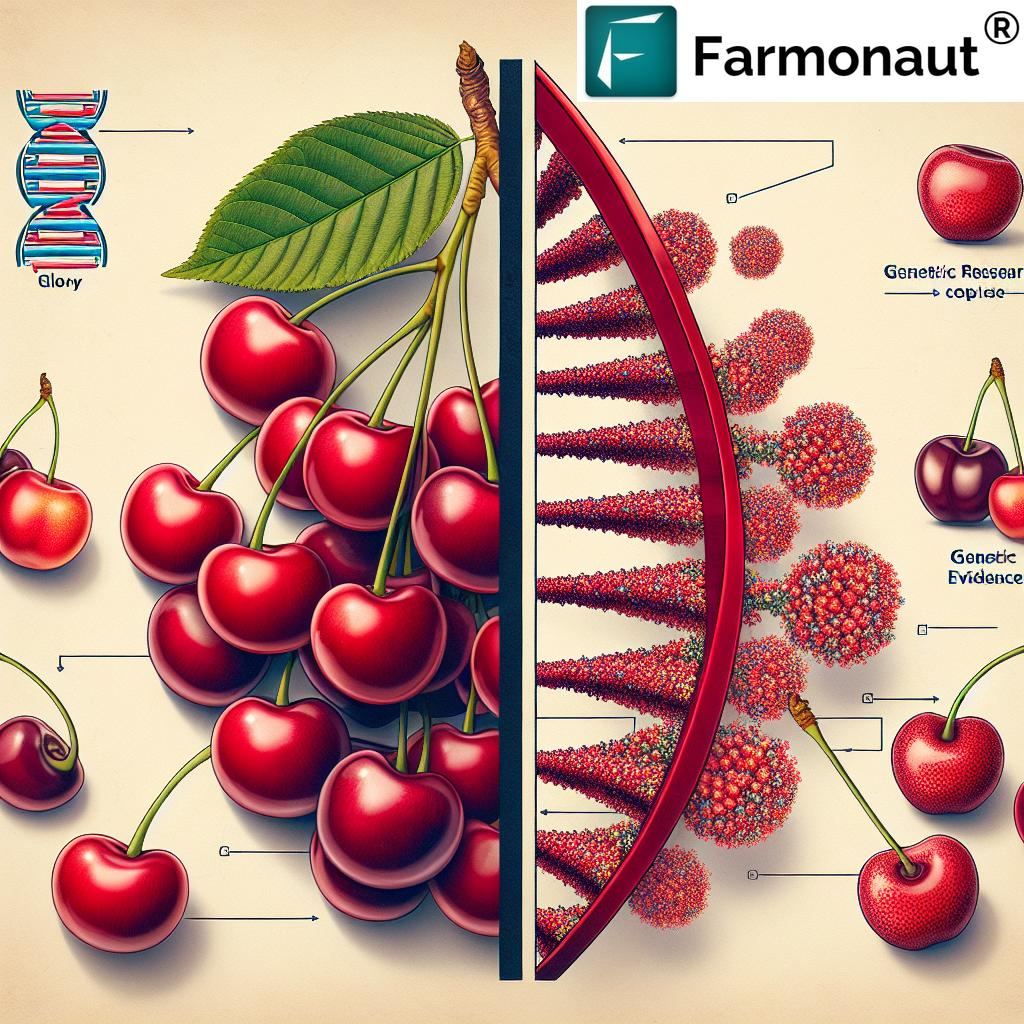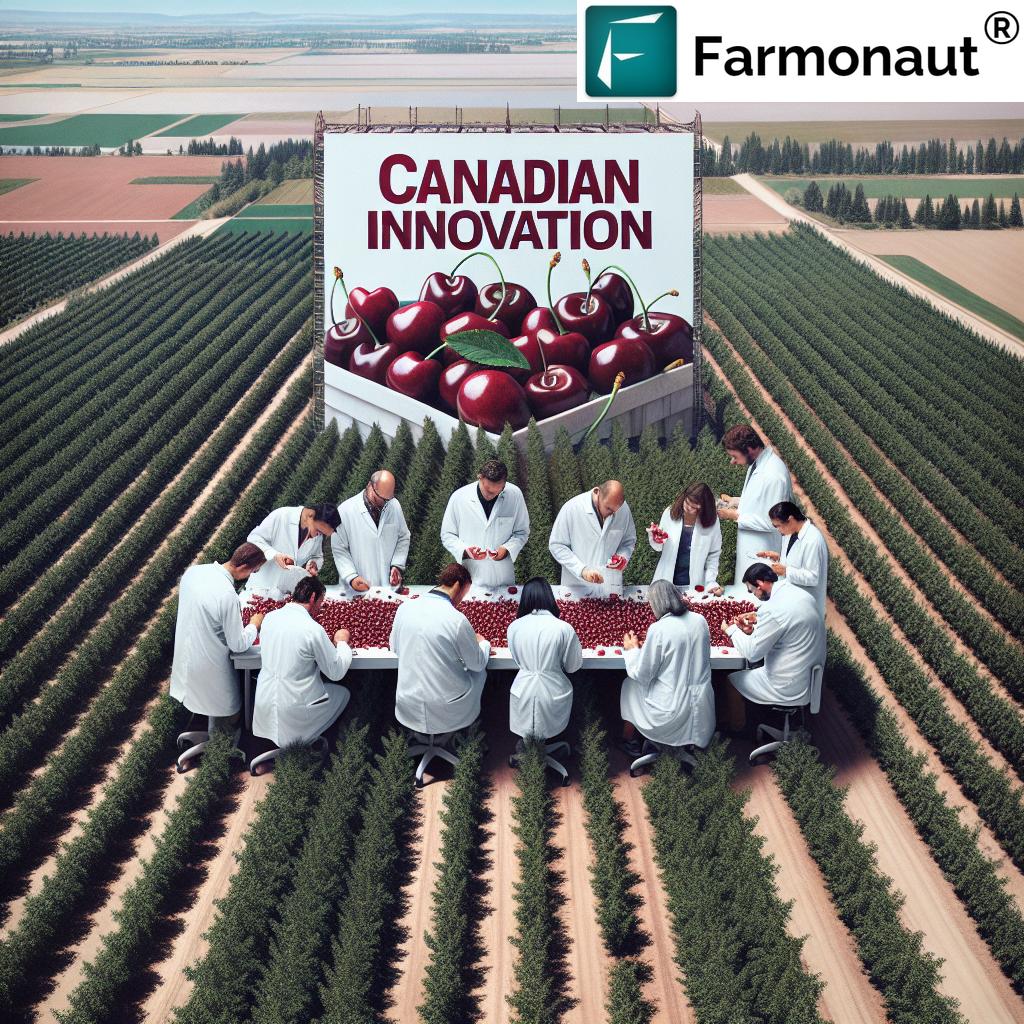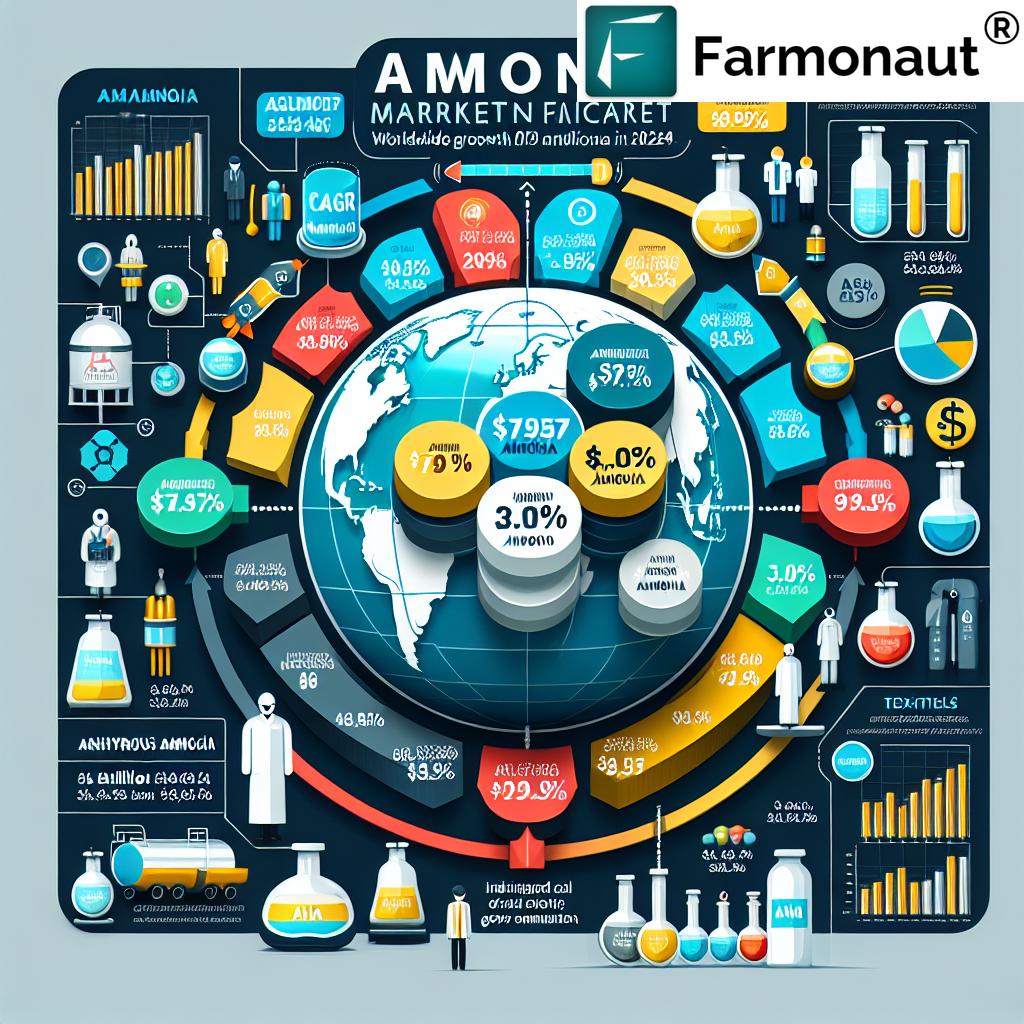Shocking Victory: DNA Evidence Unveils Truth in Epic Cherry Patent Battle – Summerland Triumphs
In a groundbreaking legal ruling that has sent shockwaves through the agricultural world, the Summerland cherry variety has emerged victorious in a high-stakes patent dispute. This Summerland cherry patent victory marks a significant milestone in the realm of fruit breeding and intellectual property rights, showcasing the power of scientific evidence in resolving complex legal battles.

The Glory vs Staccato Cherry Dispute: A Battle of Identities
At the heart of this legal saga lies the contentious Glory vs Staccato cherries debate. The dispute centered around a Washington State orchardist’s claim that he had discovered a new cherry variety, which he dubbed “Glory.” However, Agriculture and Agri-Food Canada (AAFC) maintained that this cherry was identical to their already established “Staccato” variety, developed through years of meticulous research and breeding efforts.
The cherry patent dispute pitted the Canadian government agency against three U.S.-based defendants:
- Gordon Goodwin, the Washington State orchardist who claimed to have discovered and patented “Glory”
- Van Well Nursery, Inc., accused of improperly transferring a Staccato cherry tree to Mr. Goodwin
- Monson Fruit Company, a grower, packer, and seller of “Glory” cherries
DNA Evidence: The Game-Changer in Fruit Breeding Cases
The turning point in this Canadian cherry variety wins legal battle came with the introduction of cutting-edge DNA evidence in fruit breeding. The Summerland Research and Development Centre, a cornerstone of Canadian tree fruit development, employed state-of-the-art examination techniques and comprehensive testing, including genome sequencing, to prove that “Glory” and “Staccato” were indeed one and the same.
This DNA evidence in fruit breeding case set a precedent for resolving similar disputes in the future. Despite attempts by the Washington parties to discredit the evidence as “not credible nor state of the art,” the court ruled in favor of its validity, cementing the role of genetic analysis in agricultural intellectual property cases.
The Implications of the Ruling
The cherry intellectual property rights ruling has far-reaching implications for the agricultural sector, particularly in the realm of fruit breeding and varietal development. This Agriculture and Agri-Food Canada cherry triumph serves as a powerful deterrent against unauthorized use or claims over proprietary fruit varieties.
Sean Beirnes, general manager of Summerland Varieties Corp, expressed satisfaction with the outcome, stating, “We are extremely gratified that Agriculture and Agri-Food Canada has now been officially vindicated in its long-held and scientifically proven belief that ‘Glory’ is indeed ‘Staccato.'”
This Summerland Varieties Corp legal success is expected to have several key impacts:
- Enhanced protection for intellectual property in fruit breeding
- Increased confidence in scientific methods for variety identification
- Greater scrutiny of patent claims in the agricultural sector
- Potential for more stringent regulations in the transfer and licensing of fruit tree varieties
The Role of Summerland Varieties Corp in Protecting Innovation
Summerland Varieties Corp, which manages cherry intellectual property rights on behalf of fruit breeders and rights owners, played a crucial role in this legal battle. Their commitment to protecting the innovations of Canadian researchers underscores the importance of intellectual property rights in driving agricultural advancements.

The corporation’s efforts in this case highlight the complex nature of managing and protecting fruit varieties in an increasingly globalized agricultural market. Their success serves as a testament to the importance of robust legal and scientific frameworks in safeguarding agricultural innovations.
The Future of Fruit Variety Protection
This landmark fruit variety legal ruling is likely to shape the future of how new plant varieties are protected and disputed. It emphasizes the need for:
- More rigorous documentation and verification processes for new variety claims
- Enhanced international cooperation in managing fruit variety rights
- Continued investment in genetic research and DNA analysis technologies
- Greater awareness among growers and nurseries about the legal implications of variety transfers
As the agricultural sector continues to innovate, cases like the Glory vs Staccato cherry dispute underscore the importance of balancing innovation with proper attribution and legal protection.
Explore Farmonaut’s Satellite API for Agricultural Insights
Implications for Global Agriculture and Horticulture
The resolution of this cherry patent dispute has implications that extend far beyond the borders of Canada and the United States. It sets a precedent for how similar cases might be handled globally, potentially influencing international agreements on plant variety rights and agricultural intellectual property.
For farmers and orchardists worldwide, this case serves as a crucial reminder of the importance of:
- Verifying the origins and legal status of new plant varieties before cultivation
- Understanding the complexities of intellectual property rights in agriculture
- Recognizing the value of scientifically developed varieties and the research behind them
The use of advanced technologies, including satellite imagery and remote sensing, could play an increasingly important role in monitoring and managing fruit variety cultivation across different regions. Tools like those offered by Farmonaut’s API could become invaluable in tracking and verifying the cultivation of protected varieties.
Conclusion: A New Era in Agricultural Innovation Protection
The Summerland cherry patent victory marks a significant milestone in the protection of agricultural innovations. It demonstrates the power of combining scientific evidence with legal frameworks to safeguard the fruits of research and development in the agricultural sector.
As we move forward, this case will likely be referenced in future disputes, setting a higher standard for evidence in plant variety protection cases. It also highlights the ongoing need for collaboration between scientists, legal experts, and policymakers to ensure that the intellectual property rights of agricultural innovators are properly protected.
For stakeholders in the agricultural and horticultural sectors, staying informed about these developments and leveraging advanced technologies will be crucial. Whether you’re a researcher, grower, or industry professional, tools like Farmonaut’s mobile apps can provide valuable insights and support in navigating this evolving landscape.
As the dust settles on this landmark case, one thing is clear: the future of agricultural innovation protection is rooted in science, strengthened by law, and driven by the unwavering commitment to recognizing and rewarding true innovation in the field.
















